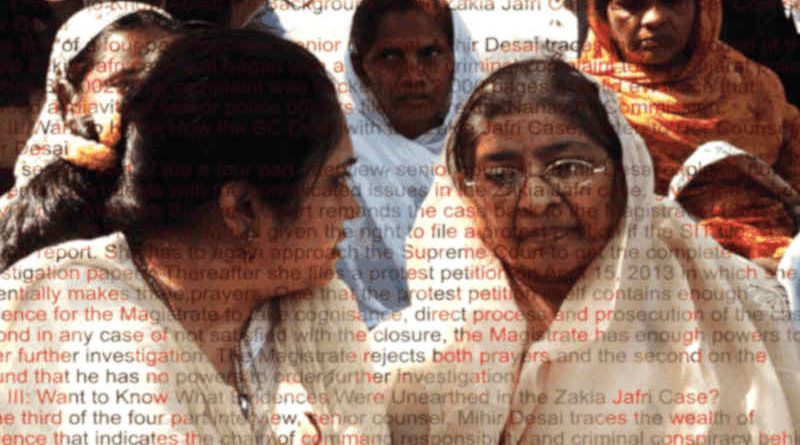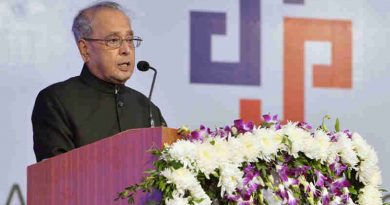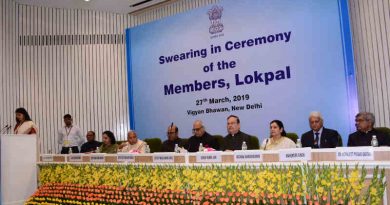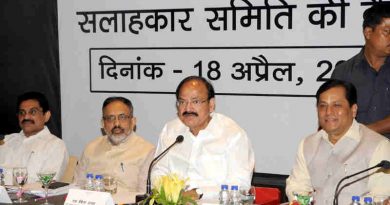As Expected, Supreme Court Exonerates Modi in Gujarat Riots Case
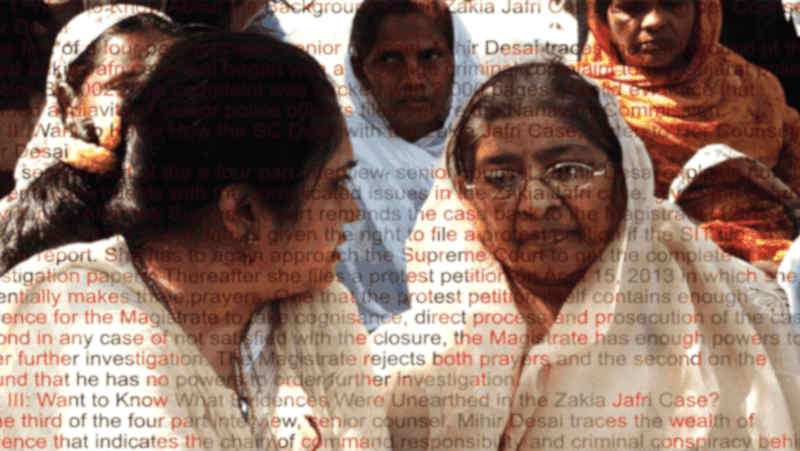
While about 2,000 Muslims were killed in the Gujarat riots, there were incidents of rape, robbery, and widespread destruction of property affecting Muslims.
By Rakesh Raman
As expected, the Supreme Court of India today (June 24) dismissed an appeal against the exoneration of Narendra Modi – who is now the prime minister (PM) of India – in the 2002 Gujarat riots case. With random comments against the appeal, the judges said it is “devoid of merits” and filed “to keep the pot boiling.”
Zakia Jafri, the widow of Ehsan Jafri — the Congress MP murdered in the Gujarat riots of 2002 — had challenged the acquittal of prime minister (PM) Narendra Modi who was the prime accused as the chief minister (CM) of Gujarat when the massacre happened.
The Supreme Court had reserved its verdict on the petition seeking a fresh probe in the 2002 Gujarat riots filed by activist Teesta Setalvad and Zakia Jafri who told the top court on December 8 last year that she is seeking justice without trying to implicate Modi.
Ms Jafri – through her lawyer Kapil Sibal – had contended in the Supreme Court on November 10 last year that the Special Investigation Team (SIT) probing the Gujarat riots ignored evidence and drew conclusions without any investigation.
Ms Jafri, 81, argued that the SIT did not record statements, seize phones, check how bombs were manufactured, and filed closure reports to exonerate Modi surreptitiously. She has been fighting for justice for the past many years, as her husband Ehsan Jafri was among the 68 people killed at the Gulbarg Society in Ahmedabad on February 28, 2002 — a day after a train was burnt at Godhra in Gujarat, killing 59 people that led to the mass murder of Muslims.
The SIT had exonerated Modi of all charges in the Gujarat pogrom against Muslims. In a “summary closure report,” the SIT had said there was no “prosecutable evidence” against Modi, who was among 62 persons named in the complaint filed by Jafri and the humanitarian organization Citizens for Justice and Peace (CJP).
According to a detailed report published on December 9, 2021 by the CJP, which has compiled the investigative material in the Zakia Jafri case, the petitioners made several submissions countering everything the SIT had put before the court and referred to all such material that required further investigation. CJP through its Secretary Teesta Setalvad is also the second petitioner in the case after Zakia Jafri.
While about 2,000 Muslims were killed in the Gujarat riots, there were incidents of rape, robbery, and widespread destruction of property affecting Muslims. It was alleged that the killings were executed at the behest of Modi. Although Indian courts have exonerated Modi in this case, most Muslims in India still believe that Modi was responsible for the Gujarat massacre. The less said about the Indian courts, the better.
According to Human Rights Watch, the attacks against Muslims in Gujarat were actively supported by state government officials and the police. Police told Muslims, “We have no orders to save you.”
As a result, the U.S. administration denied visa to Modi in view of the allegations of human rights violations against him in the 2002 incidents of riots and carnage. But as he has become the PM of India, Modi is visiting the U.S. frequently because now he enjoys political immunity. [ Click here to watch a related video. ]
On October 26, 2021, after multiple adjournments, the Supreme Court had begun hearing a Special Leave Petition filed by Ms Jafri and CJP. The case was before a bench of Justices AM Khanwilkar, Dinesh Maheshwari, and CT Ravikumar.
It is being increasingly observed that the Supreme Court of India judges are scared of crooked politicians who virtually control them. When the case is against the government politicians or top officials connected with the politicians, the judges do not take any decision that may displease their government bosses.
In the past, multiple cases have been either ignored by the Supreme Court arbitrarily or the judgments have gone in favor of the Modi government. These cases include Ayodhya temple case, Rafale corruption case, electronic voting machines (EVM) fraud case, PM-CARES Fund case, Article 370 case on Kashmir, Judge Loya death case, Gujarat riots case, Citizenship Amendment Act (CAA) case, electoral bonds case, judicial corruption case, sextortion case of former Chief Justice Ranjan Gogoi, environmental crime case, Pegasus spyware case, and a number of other cases which still await justice.
Thus, the Supreme Court of India has lost its credibility and relevance. If you evaluate the Supreme Court judgments (involving the government) through an Artificial Intelligence (AI)-based expert system, you will find that almost all the judgments or delays are biased in favour of the government. But there is no system to punish the judges who pronounce judgments influenced by their surreptitious links with politicians rather than any judicial reasoning.
As most judges behave like demigods, there is no accountability for their own lawlessness and misconduct in the courts. Dishonesty is so rampant in the Indian courts that the judges shamelessly accept unsigned notes given in sealed covers to acquit politicians in serious criminal cases. Technology can help address such arbitrariness in Indian courts, but the courts are reluctant to use technology because they want to work in an autocratic manner.
In fact, the Supreme Court’s judgment in the Gujarat riots case should also be tested on an AI-based expert system to know the objectivity or truthfulness of the court decision.
COMPLICIT POLICE AND WEAK COURTS
Usually, the police and courts do not take action against Modi, the Modi government, and the leaders of Modi’s Bharatiya Janata Party (BJP). The police officers have seen the horrific case of Gujarat riots whistleblower Sanjiv Bhatt who tried to raise his voice against Modi (who was then the chief minister of Gujarat) in the case related to Gujarat pogrom of 2002 in which over 2,000 people – mostly Muslims – were murdered.
Bhatt – who was a senior police officer – has been implicated in a custodial death case of 1990 and serving life imprisonment under Section 302 of the Indian Penal Code (IPC). Shweta Sanjiv Bhatt, the wife of Sanjiv Bhatt, maintains that it is a fabricated case in which her husband has been falsely implicated.
Similarly, most judges must be scared after witnessing the fate of judge Loya (Brijgopal Harikishan Loya) who had died in mysterious circumstances. In this case, BJP leader Amit Shah – who is now the Home Minister of India – was the prime accused.
But no investigation or investigating officer can dare to point the finger at Amit Shah who controls the police and other law-enforcement agencies. Judges and investigating officers know if judge Loya can die in an inexplicable manner, they also can be made to face the same fate.
Earlier it had happened in the Vyapam scam case in which, like Amit Shah, another BJP leader and Madhya Pradesh chief minister Shivraj Singh Chouhan was an accused. As the investigation into the Vyapam case was progressing, the witnesses and others familiar with the case started disappearing.
A Special Task Force (STF) submitted a list to the high court in 2015 informing that 23 people died “unnatural death.” Some media reports claimed that more than 40 people associated with the Vyapam scam had died under mysterious circumstances.
Obviously, most witnesses, police officers, and judges will not dare to go against the will of Modi and his associates. This may be the reason that Modi gets exonerated in the Gujarat riots case. In all autocratic regimes, the rulers silently control and use courts to get all decisions in their favour.
By Rakesh Raman, who is a national award-winning journalist and social activist. He is the founder of a humanitarian organization RMN Foundation which is working in diverse areas to help the disadvantaged and distressed people in the society.

